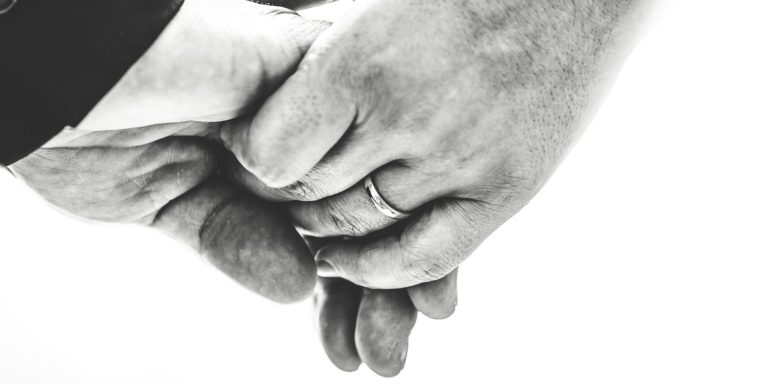
How to control your emotions
Links in some blog posts may earn a commission for The Brain Cleanup Coach.
You know what makes being human one of the most elating yet terrifying experiences we know of?
Emotion.
The thoughts we think and actions we take mean nothing personally without the emotional experience attached to them. This is why we are driven to do what we do or don’t do. The body, with its intricate nervous system, was designed to react through the chemical and electrical communications we call emotions.
For a long time it has been a quest for humans to learn how to control these reactions called emotions. You could argue that all self-help is based around trying to get a hold on one’s emotional life.
Let’s face it, very often we humans just don’t want to feel. Sure feeling is ok when the emotions are positive, but the minute emotions veer into negative territory the brain immediately looks for ways to move back to the positive. And why wouldn’t it? If the reason behind negative emotion is to let us know that something needs to change, of course feeling bad will focus the brain on once again feeling good.
The issue here is a lot of us experience negative emotion quite often. We’ve developed lives full of complications for ourselves that lead to negativity, so our brains are constantly trying to pick up the pieces and get us back to feeling good. Modern life has become a catch-22 in that way.
So how does someone actually control their emotional state? Here are a few of my thoughts on it:
Control your experiences.
This definitely falls into that catch-22 area, because to control your experiences you basically have to choose to feel bad before you feel better. Let’s use a couple common examples. One is overeating. When the pleasure center of your brain gets hijacked by food, it uses the sensation of flavor to increase good feelings. But the problem is overeating can also make you feel uncontrolled, ashamed, and can lead to actual physical harm for your body. Another example is checking your phone. Once again your pleasure center can get hijacked surfing the internet or scrolling social media, yet that can lead to feeling unfulfilled, out of control, and languish. The issue that often arises here is that we are lead into these behaviors by negative emotion in the first place. We’re feeling boredom or overwhelm, and we turn to something to take our minds off how we’re feeling. But those things lead to only momentary relief. So in this case, you have to allow yourself to feel bored or overwhelmed until the feeling passes on its own, rather that creating an experience that creates momentary relief.
Just let the emotions be.
This ties into the above point, and seems counterintuitive for controlling emotions, but hear me out. By not trying to control all your emotions, and instead bearing quiet witness to them, you actually become less controlled by them. Think about a mom chatting with a friend, and her emotional toddler is trying to get her attention. If you’ve seen this in action you know that a lot of moms are pros at ignoring the kid in order to continue her experience. She can do this because she knows her baby is experiencing high emotion and hasn’t learned to regulate yet. Even adult mind/bodies can go into emotional dysregulation. But with the different levels of consciousness/awareness our brains have, we have the ability to let emotions happen yet not get carried away by them.
You don’t get to get out of being human.
We humans try to manipulate our human experience with mind and emotion altering things. This is part of the beauty of the biological machine we live in, that we can futz with the operations to try and change our experiences. But there are so many ways that can go wrong (overuse of food, booze, drugs, sex, media, etc.), and at the end of the day one thing remains true: we are human and we don’t get to get out of that. To be human is to have emotions which determine our reactions. They came into existence as a signaling tool. And yes, sometimes they feel AWFUL. Them be the breaks.
Live life like a monk for 10 minutes at a time.
What has had an immense effect on my emotional awareness, acceptance, and regulation has been meditation. Any type of meditation or mindfulness practice is beneficial, but if you can get yourself to sit down and meditate for 10 minutes at a time, you’ll be training your brain to quit overreacting to your emotions, and also practice patience. Patience is key to accepting any emotion your mind/body can throw at you. It’s impatience that drives us to want to change our emotional states so quickly. Make like a monk, sit down for 10 minutes, close your eyes and focus on your breath. Use a meditation app. My favorite is Headspace.
If you enjoyed this article you might also like:




